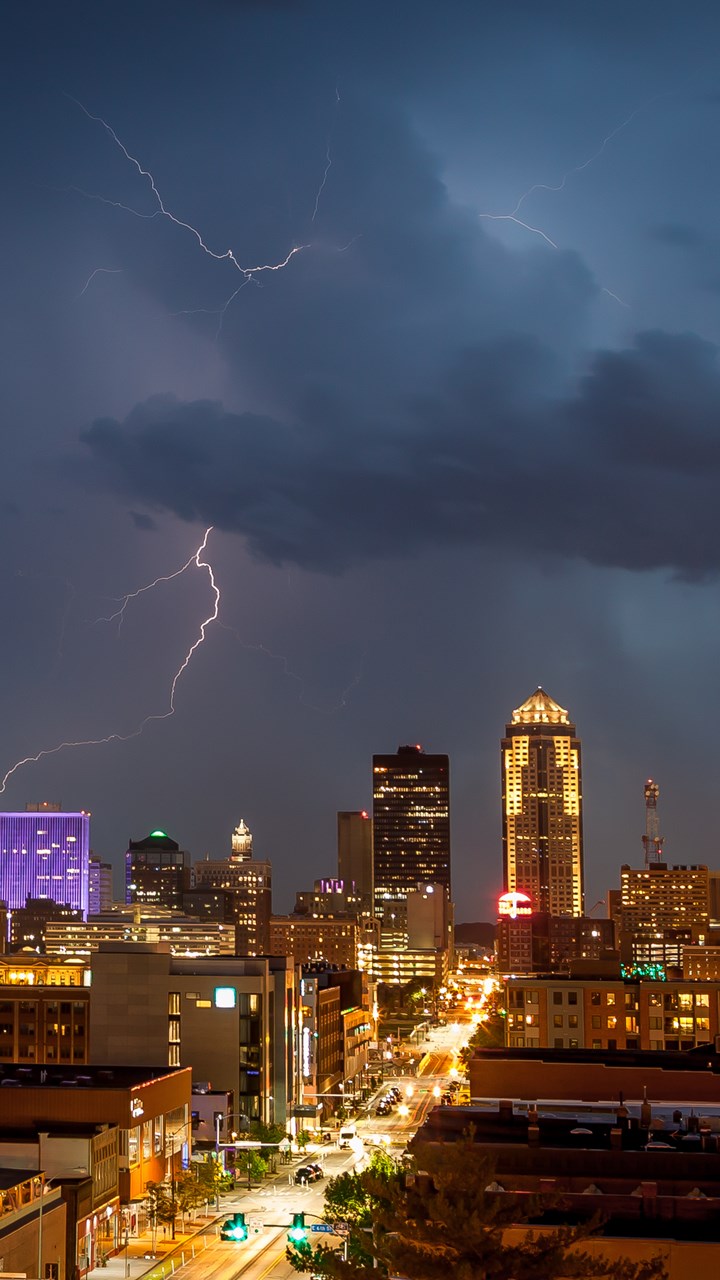- Be Informed
- 911
- Agriculture and Farm Operations
- Air Travelers
- Biological Threats
- Blizzards
- Bomb Threats
- Bus Travelers
- Business Community
- Carbon Monoxide
- Chemical Threats
- Clean Air
- Coping with Emergencies
- Cyber Attacks
- Donations
- Evacuation
- Extreme Cold
- Extreme Heat
- Financial Institutions
- Fires
- Flood Insurance Program
- Flooding
- Flooding - Living Behind a Levee
- Forms of Communication
- General Aviation
- Hail
- High-Rise Buildings
- Hobby Shops
- Home Safety
- Hotels and Motels
- Household Chemicals
- In a Moving Car
- Influenza Pandemics
- Multi-Family Dwellings
- Nuclear Threats
- Power Outages
- Radiation Threats
- Retail Stores
- Shelter In Place
- Storage and Warehouse Facilities
- Suspicious Packages
- Terrorism
- Thunderstorms
- Tornados
- Utilities
- Warning Sirens
- Winter Driving
- Winter Weather
- Be Informed
- 911
- Agriculture and Farm Operations
- Air Travelers
- Biological Threats
- Blizzards
- Bomb Threats
- Bus Travelers
- Business Community
- Carbon Monoxide
- Chemical Threats
- Clean Air
- Coping with Emergencies
- Cyber Attacks
- Donations
- Evacuation
- Extreme Cold
- Extreme Heat
- Financial Institutions
- Fires
- Flood Insurance Program
- Flooding
- Flooding - Living Behind a Levee
- Forms of Communication
- General Aviation
- Hail
- High-Rise Buildings
- Hobby Shops
- Home Safety
- Hotels and Motels
- Household Chemicals
- In a Moving Car
- Influenza Pandemics
- Multi-Family Dwellings
- Nuclear Threats
- Power Outages
- Radiation Threats
- Retail Stores
- Shelter In Place
- Storage and Warehouse Facilities
- Suspicious Packages
- Terrorism
- Thunderstorms
- Tornados
- Utilities
- Warning Sirens
- Winter Driving
- Winter Weather
Household Chemicals

Nearly every household uses products containing hazardous materials or chemicals. A quick look in your garage, storage shed and even under your kitchen sink will reveal these products. Although the risk of a chemical accident is slight, knowing how to handle these products can reduce the risk of injury.
As you locate these products in your home, check the label and take the necessary steps to ensure that you are using, storing, and disposing of the material according to the manufacturer’s directions.
It is critical to store household chemicals in places where children cannot access them. Remember that products such as aerosol cans of hair spray and deodorant, nail polish and nail polish remover, toilet bowl cleaners, and furniture polishes all fall into the category of hazardous materials.
Guidelines for Buying and Storing Hazardous Household Chemicals Safely
- Buy only as much of a chemical as you think you will use. Leftover material can be shared with neighbors or donated to a business, charity, or government agency. For example, excess pesticide could be offered to a greenhouse or garden center, and theater groups often need surplus paint. Check your local phone book for hazardous materials disposal centers.
- Keep products containing hazardous materials in their original containers and never remove the labels unless the container is corroding. Corroding containers should be repackaged and clearly labeled.
- Never store hazardous products in food containers.
- Never mix household hazardous chemicals or waste with other products. Incompatibles may react, ignite, or explode.
Take Precautions to Prevent Accidents
- Follow the manufacturer’s instructors for the proper use of the household chemical.
- Never smoke while using household chemicals.
- Never use hair spray, cleaning solutions, paint products, or pesticides near an open flame such as pilot lights, lighted candles, fireplaces, or wood burning stoves. Although you may not be able to see or smell them, vapor particles in the air could catch fire or explode.
- Post the number of the emergency medical services and the poison control center by all telephones. In an emergency situation, you may not have time to look up critical phone numbers. The national poison control number is (800) 222-1222.
